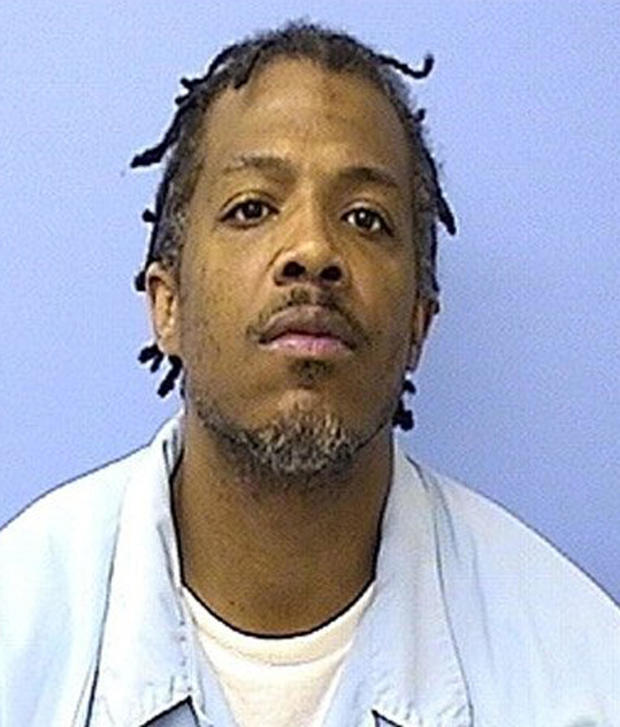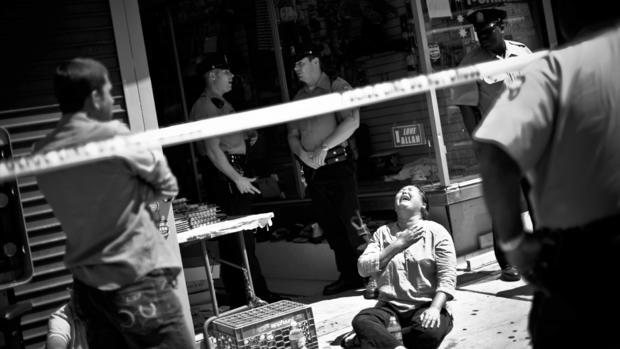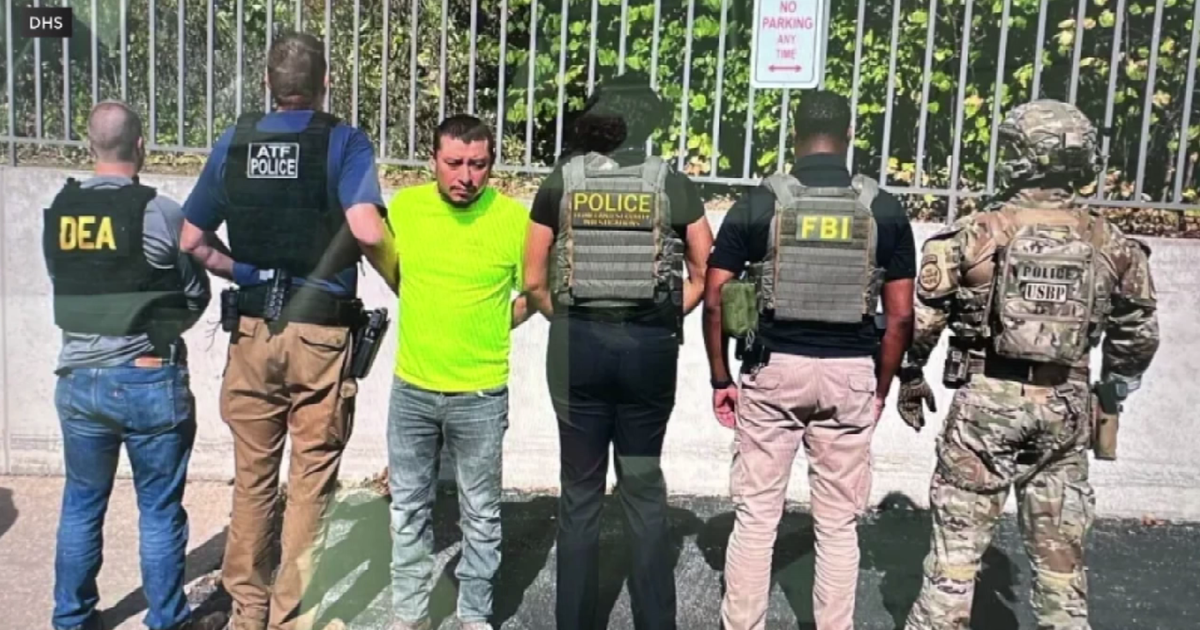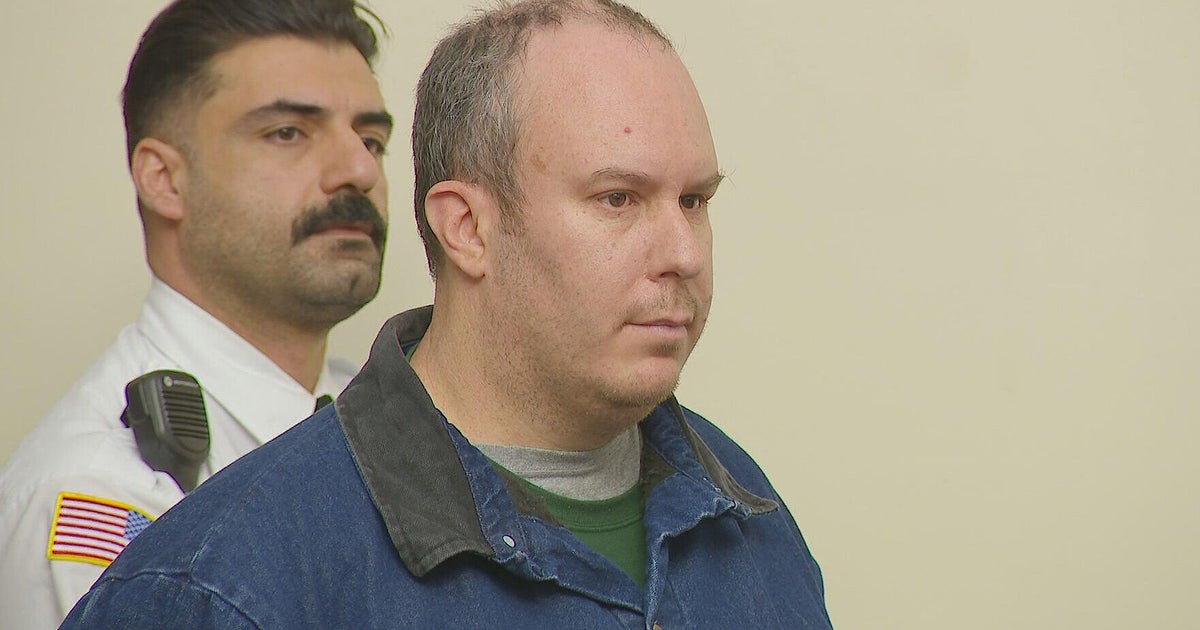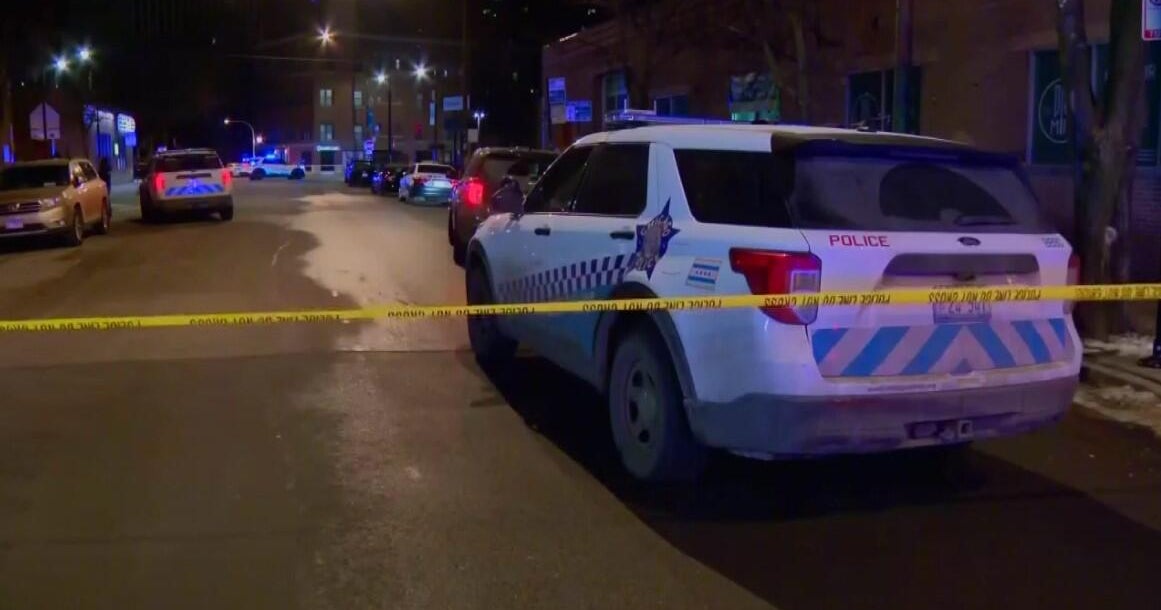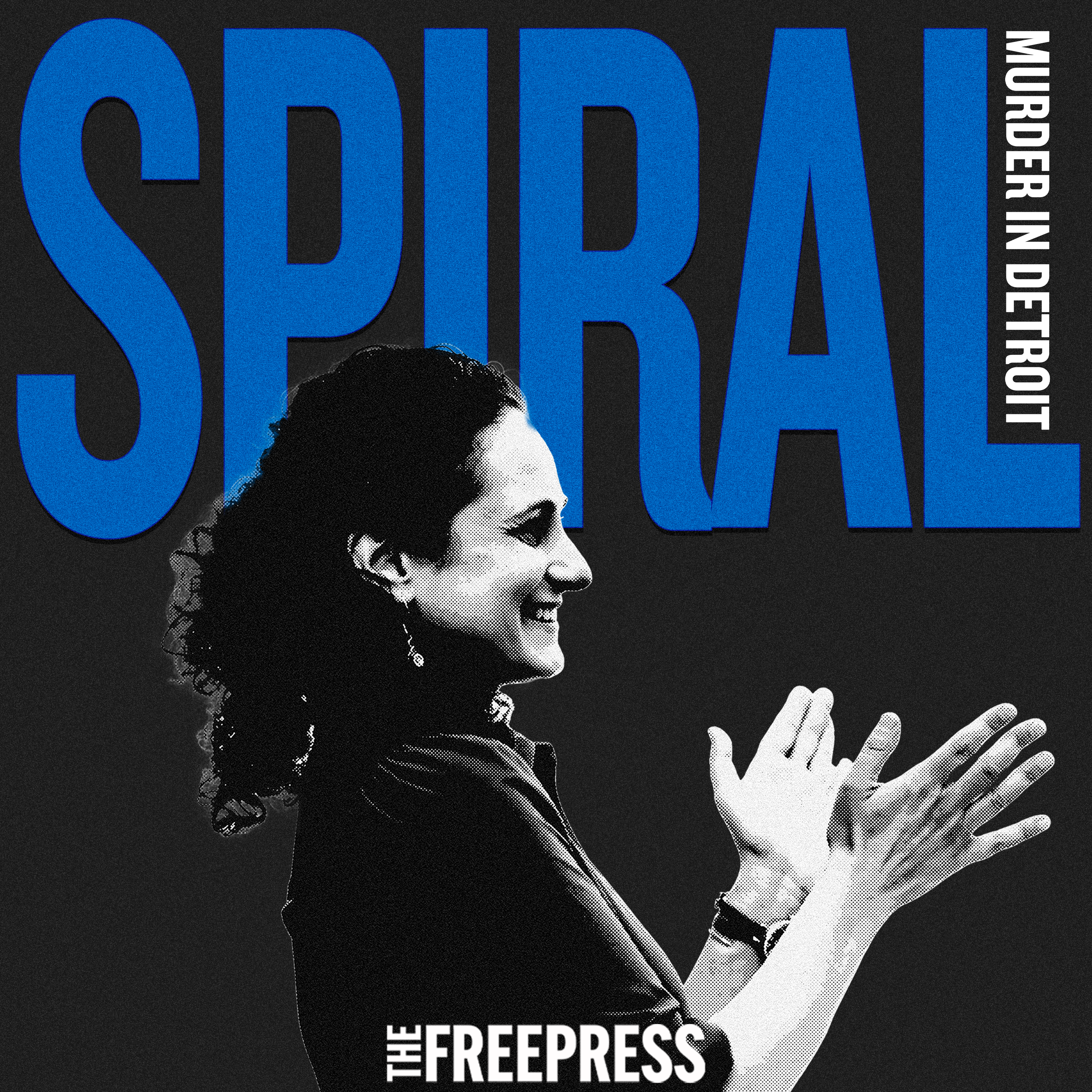Convictions in racketeering trial of ruthless Chicago gang "the Hobos"
CHICAGO -- Federal jurors at the biggest gang trial in recent Chicago history on Wednesday convicted the core leadership of the Hobos, who prosecutors billed as an “all-star team” of the type of ruthless gangs police blame for an alarming spike in homicides last year.
Accused Hobos boss Gregory “Bowlegs” Chester, alleged hitman Paris Poe and four others were found guilty of a racketeering conspiracy. Prosecutors alleged the conspiracy included the murder of at least nine people, from gang rivals to government witnesses. Prosecutors said the Hobos cultivated a reputation for brutality, once even torturing robbery victims with a hot clothing iron, to extend their power on the city’s South Side.
After three months of testimony, 12 jurors deliberated for six days before reaching their verdicts. The most serious conviction was for racketeering conspiracy, a charge designed as a legal tool to go after all forms of organized crime. An additional nine counts included drug and gun charges.
So feared are the Hobos that some witnesses were visibly nervous testifying with its alleged leaders looking on. One refused outright to speak against the gang, telling the judge, “I choose not to testify for the sake of me and my family.” The witness was held in contempt and given a 60-day sentence. Signifying the importance of the case, U.S. Attorney Zachary Fardon, was in court when the verdicts were read.
The Hobos leaders showed little emotion as the verdicts were read. Poe rubbed his brow and looked across the courtroom gallery.
Their alleged crimes included the fatal shooting of government witness Keith Daniels in 2013 in front of his screaming step-children to stop Daniels from testifying, and the robbery at gunpoint of then-NBA player Bobby Simmons’ $200,000 diamond-and-gold chain outside a nightclub.
The convictions followed a bloody year on the streets of Chicago. The nation’s third largest city logged 762 homicides last year, the highest tally in 20 years and more than the combined total of the two largest - New York and Los Angeles. More than 50 people were shot and 11 killed over the long Christmas weekend alone as some gangs sought out and shot rivals gathering at holiday parties, police said.
There are more than 150,000 street-gang members in Chicago, though many aren’t active, according to the non-governmental Chicago Crime Commission. The Hobos trial was considered so significant because so many purported gang leaders were on trial simultaneously, and also because of how prosecutors portrayed the Hobos as uniquely brazen and vicious.
U.S. attorneys in Chicago have said for years that dismantling gangs was a key to reducing violence. They used racketeering laws to convict other gang bosses, including Latin Kings leader Augustin Zambrano in 2011. Racketeering laws enable prosecutors go after individuals, not necessarily for specific crimes, but for their leadership of groups that displayed patterns of illicit activity over years.
Experts said an underlying cause of gang violence was the demolition of public housing starting in the 1990s that dispersed gang members into rival-gang neighborhoods. Others pointed to an unintended consequence of prosecuting gang leaders: Breaking up a gang’s command structure leads to inter-gang rivalry and, therefore, to even more violence.
Others say causes of violence are more varied, pointing to poverty and growing availability of high-caliber guns. And even when gang members are involved, the genesis of a deadly conflict is sometimes insults or perceived slights rather than territorial disputes, gang expert John Hagedorn has argued.
The Hobos had fewer members than the Latin Kings, Vice Lords and other gangs. But they were well-organized, well-armed and quick to kill. Hits were often carried out in daylight, including one five-car drive-by shooting that killed two Black Disciple rivals outside a funeral home; hours later, the Hobos celebrated the killings at a luxury hotel off Michigan Avenue, prosecutors said.
Poe killed Daniels, a gang associate-turned-informant, days after Chester’s arrest and after Daniels testified to a grand jury in the racketeering case, prosecutors said. He stood over and shot Daniels more than a dozen times at close range as the man’s 4-year-old stepdaughter and 6-year-old stepson looked on.
In a courtroom video, the boy recalled shots through the windows before his stepfather stumbled from the family car, saying, “I was covering my ears because the gunshots were too loud.” Prosecutor Derek Owens told jurors the murder sent this message: “You don’t snitch on the Hobos.”
The onus was on prosecutors to prove, not only that the six men committed crimes, but that they coordinated their crimes.
Chester, 39, was the only defendant to testify, insisting the Hobos gang didn’t even exist despite his full-arm tattoo emblazoned with the words: “Hobo: The Earth is Our Turf.” And he said the supposed “Hobos horns” gang sign he flashed in photographs was merely a universal sign of celebration.
Chester, born with a rare bone disease that has badly deformed his legs, scoffed when asked if someone who struggled to even walk could head a gang. “A crippled gang leader?” he answered. “No, sir.”
Prosecutor Timothy Storino told jurors Chester led “not with his legs but with his head,” calling him “smart as hell.” Chester relied on others, sometimes children, to do the dirty work, prosecutors said.
Chester said he grew up poor in the now-demolished Robert Taylor projects where “only the strong survived” and faced ridicule because of his rickets, a bone deformity caused by nutritional deficiencies.
He described himself a “hustler” who dealt heroin, then smartly invested into record labels and clubs. He said the other five charged had nothing to do with his crimes and he had nothing to do with theirs.
Defense lawyer Beau Brindley told jurors that authorities manipulated evidence against Chester, likening the investigation to an archer who shoots an arrow and then draws a target around wherever it lands.
Sentencing of the six was set for June 23.
